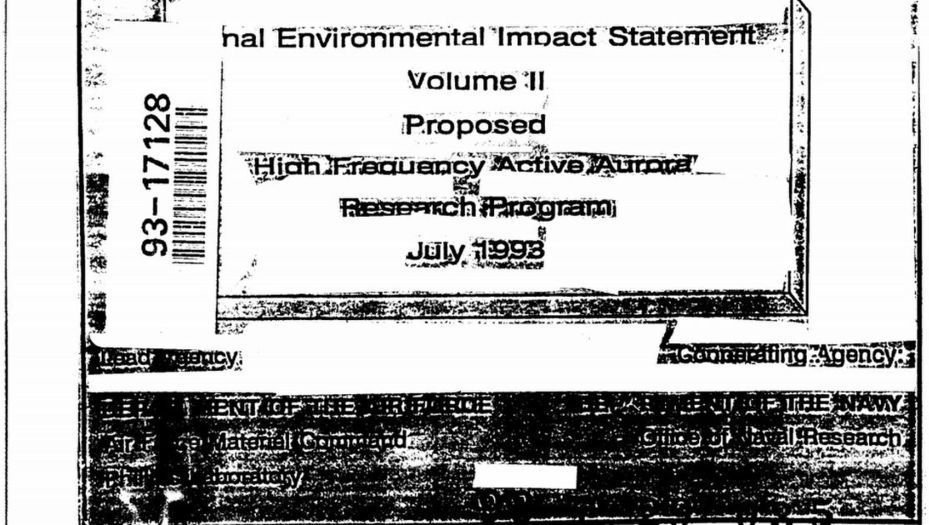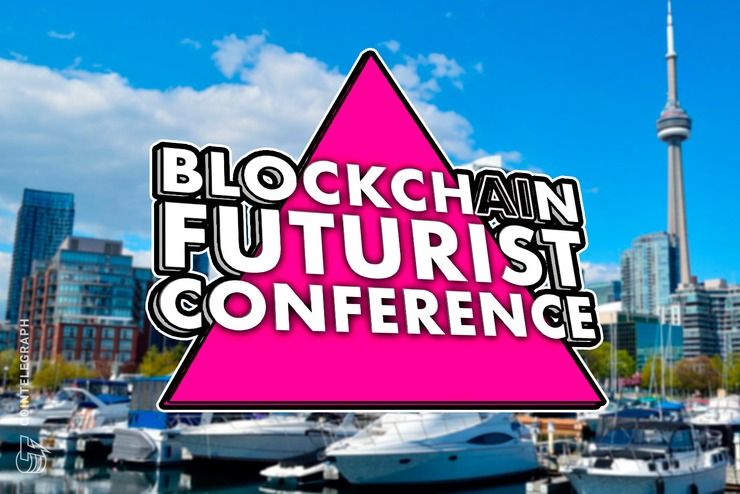What if I told you that we are already chipped?
How?


Conservationists are employing animal bridges as wildlife crossings to save our furry friends. Take a look at how they work across the globe.



The Ministry of Defence has appointed an Oxford University professor as its first female Chief Scientific Adviser.
Dame Angela McLean, 58, will oversee the department’s core research programme and technology strategy in the role.
She has been a senior research fellow at Oxford University since 1990 and currently works on Theoretical Life Science at All Souls College.
The Planetary Society is launching LightSail 2 to fulfill a vision rooted in the future.


